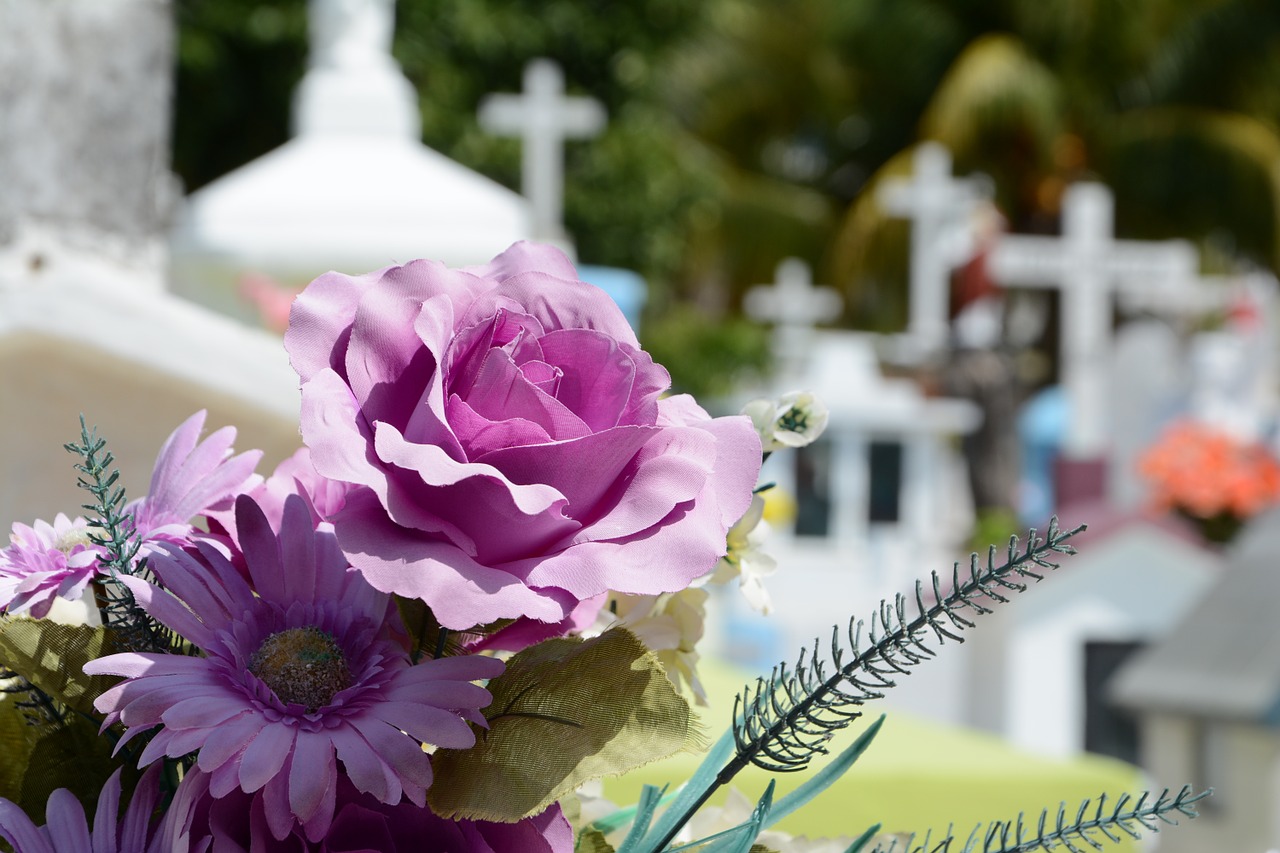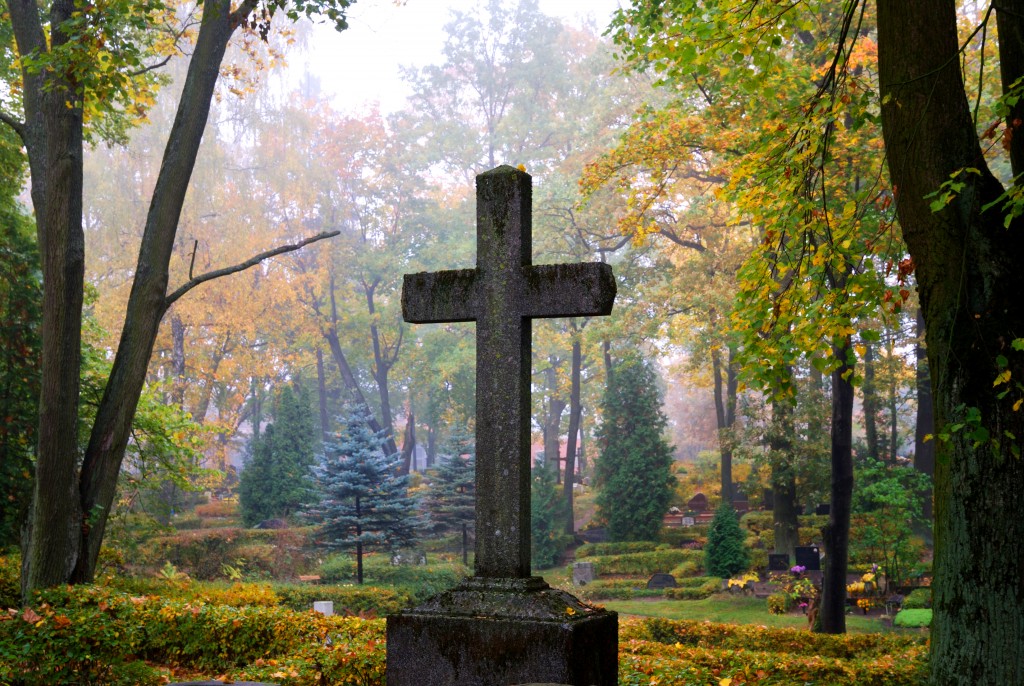Losing a loved one is one of the most challenging things one will experience in a lifetime. It can be hard to accept that you can no longer see, touch, and hear a loved one. Time can heal most wounds, but it can be an excruciatingly slow process that can take a toll on one’s mental health. Many of us thought grieving is already too much to handle. Little did we know that a pandemic will come and make mourning much more difficult to handle.
As of writing, there are already 1.38 million deaths recorded worldwide. Many families lost a member or two, a friend, a close relative, a neighbor, or even a colleague or acquaintance. If grieving was already hard before, the pandemic only made it worse.
How the Pandemic Changed How We Grieve
Before, we can visit a sick loved one and spend their last moments with them. We can easily attend a loved one’s funeral to pay our respects and bid our last farewell. Your loved ones all other people close to you can come and share your grief, making it a bit easier to grieve.
Financial issues, hectic work schedules, and family feuds are often reasons why some people fail to attend funerals. But because of the pandemic, many did not have the chance to see their loved one last time before they passed away. Some had loved ones who were perfectly healthy until they got the virus and died all of a sudden.
According to the CDC, there is no risk if you attend a visitation service where the deceased died of Covid-19. Some states allowed their family to hold a visitation service but with a limited number of people attending the service. But in some places, bodies are already cremated, giving the families of the deceased no chance to say goodbye.
Due to the restrictions of social gatherings, even during funerals, many could not personally pay their respects to their loved ones. This made grieving a lot more difficult. Even with the abundance of technology that allows them to watch the service online and in real-time, this can never replace the feeling of being there and bedding your last farewell.
Most people can’t even hug and console each other personally while grieving due to the social distancing rules. Some had to spend their time grieving alone in their homes. Others are left mourning thousands of miles away from their closes family and friends.
Coping With Grief in the Age of Covid-19
 Grieving during such a challenging time is made even more difficult due to the uncertainty that the pandemic caused. You don’t want to risk your family getting the virus by flying or traveling hundreds of miles away and exposing them to others who are also mourning. It is easy to feel mad and frustrated, knowing you cannot console your other loved ones.
Grieving during such a challenging time is made even more difficult due to the uncertainty that the pandemic caused. You don’t want to risk your family getting the virus by flying or traveling hundreds of miles away and exposing them to others who are also mourning. It is easy to feel mad and frustrated, knowing you cannot console your other loved ones.
It is also effortless to feel guilty, knowing you were not there to say goodbye personally. This is especially true if you are extremely close to your deceased loved one. Know that you are not alone, and many other people feel and are experiencing the same.
Focus on the Things You Can Control
We can’t control life, and we can’t bring our loved ones back. But there are things we can control, and that’s what we need to focus on. This includes taking care of the funeral arrangements, sending our appreciation to all the people who attended the service and extended their condolences, picking a headstone that matched the cemetery’s requirements, etc.
Focus on what you can control. Create a daily routine where you don’t take self-care for granted. Allow yourself to grieve because this is the only way to start the healing process.
Reach Out and Ask for Support
Know that you are not alone and should not feel alone during such a difficult time. It can be risky to visit a friend, have dinner with other family members you don’t live with, or hang out with another loved one during the pandemic. Thankfully, the technology we have these days make it easier to connect and seek support from others.
Calling a friend, scheduling a virtual visit with your doctor, or being in contact with someone you trust is an excellent way to reach out for support. If you can’t find someone to talk to, consider a grief counselor. They understand that every individual needs different strategies to grieve and help identify strategies that will help you cope and accept your loss.
It is important to permit yourself to grieve after losing a loved one, with or without a pandemic. The pandemic might have changed how we grieve, but we should not let it ruin the memories we cherish most with our loved ones. Find a quiet and private time to bid farewell and understand that you will feel better and learn how to live with your loss in time.

